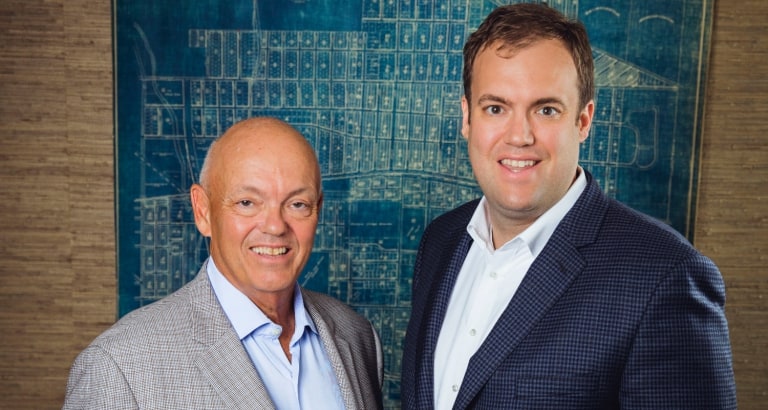An introduction to social security and when you should take it.
Social security is going to be a large part of most people’s retirement, and the decision of when to take it is not to be taken lightly.
When should you take social security?
Cubs vs. Sox. Chicago pizza vs. New York pizza. Republican or Democrat. We can fight over anything in this country!
As a financial advisor who works with retirees I have a lot of discussion around social security. When should you take social security? Social security is going to be a large part of most people’s retirement, and this decision is not one to be taken lightly.
Let’s first look at the history of social security, which is quite interesting. Social security was founded in 1935 and signed into law by Roosevelt as part of the New Deal.
It was the first time something this big happened in our economy. Putting something of this level in place was something that our country never really thought possible.
Now in 1935 we were in a different position. It was really the first time that Americans thought about retirement.
Back then retirement was something that people only received a few years of, if any, because in 1935 social security had a retirement age of 65. The problem is, back in 1935, the life expectancy of an American male was only 62 years old! The average American never lived long enough to collect social security.
But if you did happen to make it to 65 back in 1935, how long did the average American live on for? You’d think it’d be a long time, but the average American who made it to 65, life expectancy only went up to 67.
Social security was designed in a program that most people would never live long enough to collect, and if they did live long enough to collect, they’d collect for two years and drop over dead.
We should never, ever have to worry about social security running out of money with a program like that.
But that’s not how it works today. We are in a whole different position in our world.
Social security is an integral part of almost every American’s retirement. And a retirement today doesn’t last two years. It can last 20, 30, or even longer.
Social security now has to deal with the longevity of Americans. Social security age has increased. It is no longer 65. For the youngest Americans, social security now comes in at age 67.
So they increase the social security 2 years, but life expectancy increased almost 20. You think that’s where we might have a problem with some of our social security being funded and all that fun stuff? Yeah! That’s exactly what it is.
I get asked all the time, “Will social security be there for me? Will I have social security?”
And I always say yes, without a doubt.
I’m no political genius, but social security is such an integral part of our society that they can not let it just fail. And there are things that they already know how to fix. They have plans in place. They know that social security will be there.
For me, will I get it at 67 years old? Not a chance. Will I get it at 70, 75, maybe even older than that? Yeah, probably. And that’s okay.
What about taxes? Will they tax it differently for higher income earners? There’s all sorts of things that they can do, but social security will be there. And if we know social security will be there, then we have to think about when should you collect it.
And I’m referring to social security in retirement. There are different types of social security out there: disability, etc. But in these videos I’m referring to the retirement benefit of social security.
In future videos we will talk about that topic of Cubs vs. Sox. When should you collect? Should you start as early as humanly possible?
Should you wait as late as possible? When you collect social security will matter, and that’s the decision you do not want to take lightly.
I hope you got some value out of the video we just shared with you. And if you know somebody else that could find value in this, please feel free to share it with them. If you yourself would like to talk further about this, please use the link below to book a 15 minute phone call with our office. Thanks.

